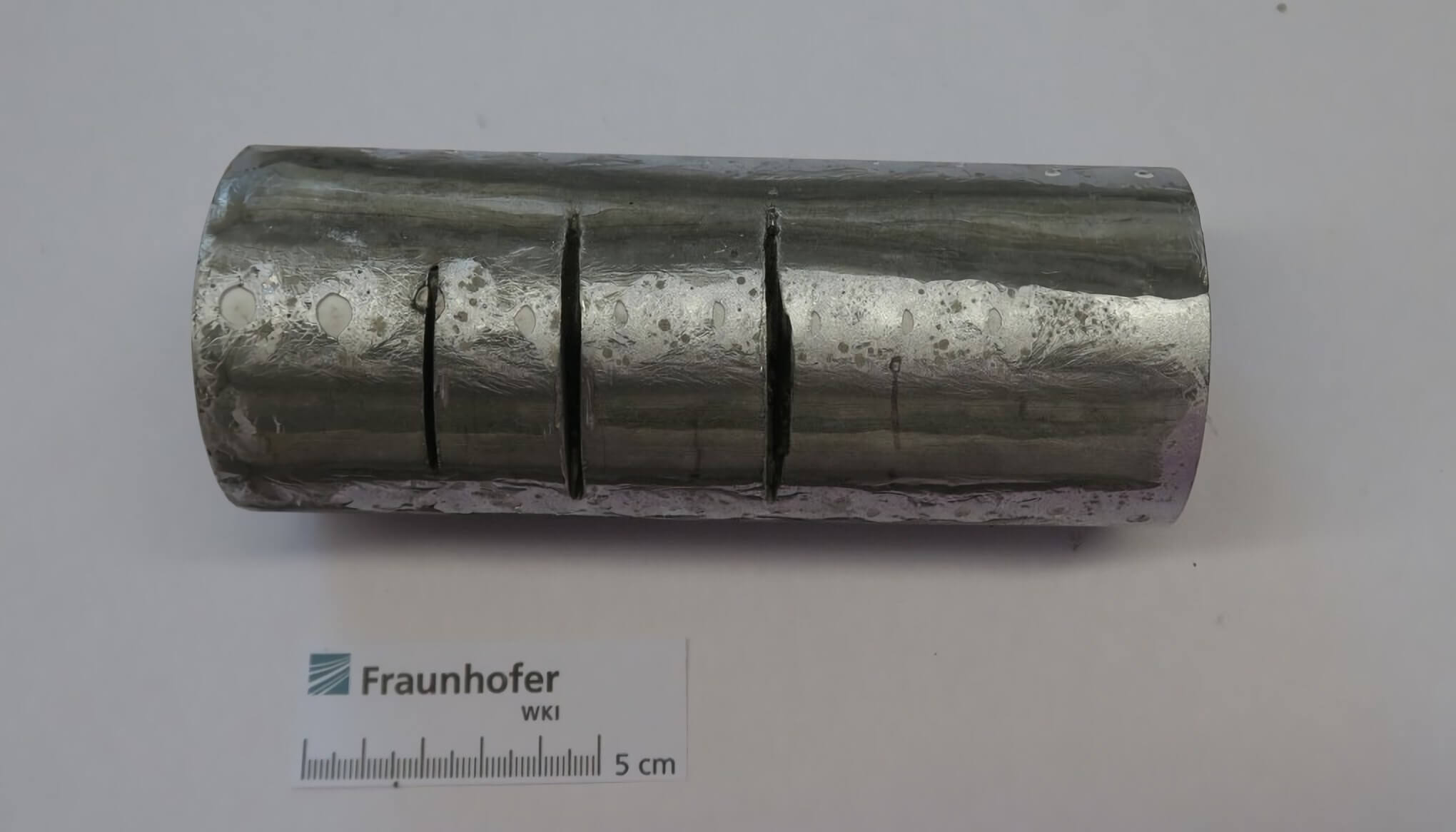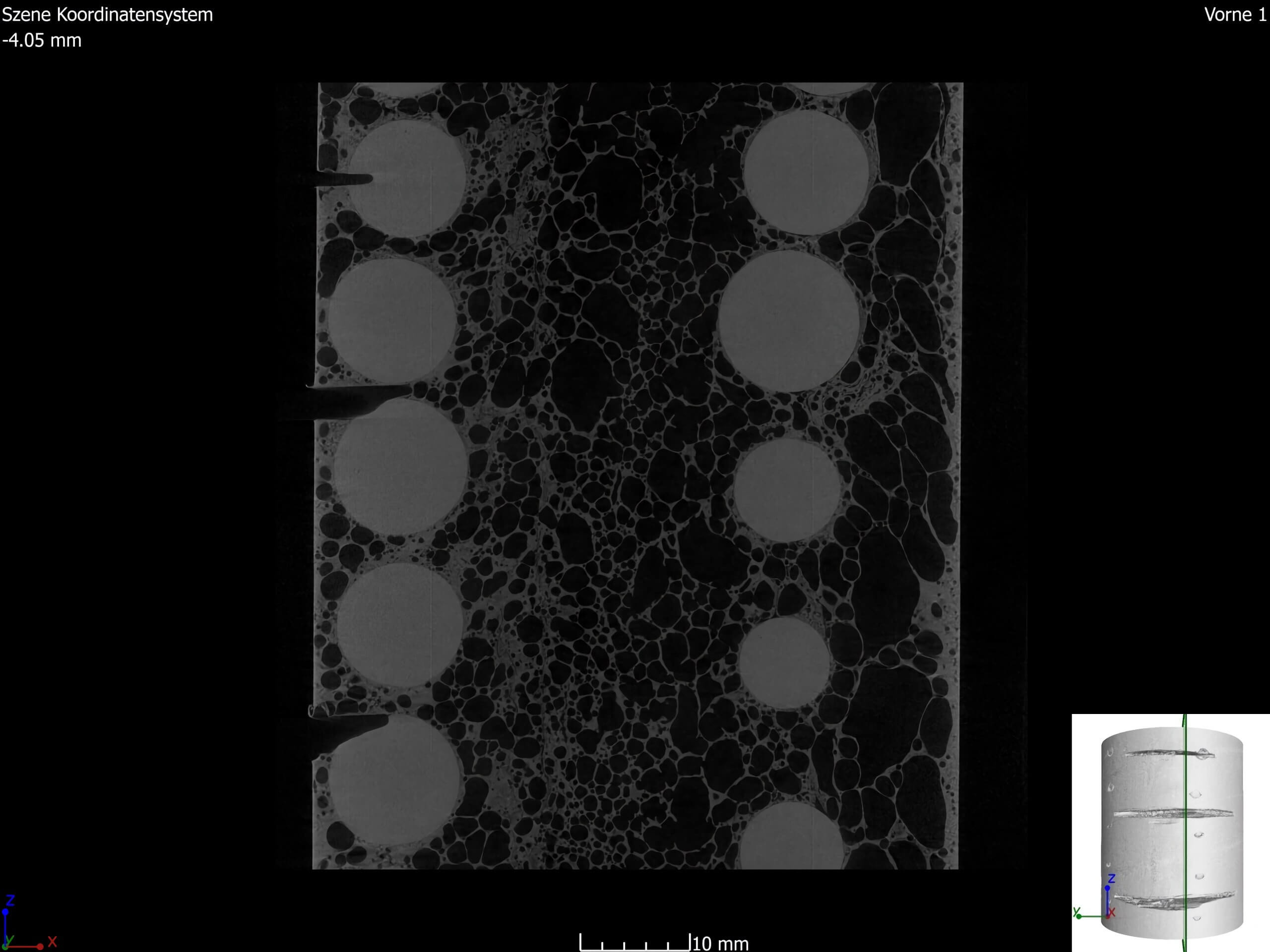In context: Every substance we know of is cuttable, even diamonds---until now. Engineers have developed a material they call "Proteus" that they claim is the first manufactured uncuttable material. The compound is made of porous aluminum and ceramic, so it is lighter than steel and yet will withstand any grinder.
Researchers at Durham University in England and Germany's Fraunhofer Institute claim that Proteus resists cutting by turning the cutting tools against themselves and dulling them. The material is made up of an aluminum matrix (aluminum foam) embedded with ceramic spheres. It is 15-percent less dense than steel making it ideal for applications like lightweight armor.
As the cutting tool bites into the aluminum, it suffers extreme vibrations when it hits the ceramic spheres. This resonance causes the tool to start bouncing, thus "dulling" its cutting edge. Furthermore, as the ceramic is hit, fine dust particles fill in the matrix. The interatomic forces between the grains increase proportionately to the amount of energy applied, making the material even harder the faster the tool spins.
"The force and energy of the disc or the drill is turned back on itself, and it is weakened and destroyed by its own attack," said Durham's Assistant Professor of Applied Mechanics Stefan Szyniszewski. "Essentially cutting our material is like cutting through a jelly filled with nuggets. If you get through the jelly, you hit the nuggets, and the material will vibrate in such a way that it destroys the cutting disc or drill bit."
Proteus is effective against angle grinders, drills, and other conventional cutting tools. It is even effective against high-pressure water jet cutters. In this instance, the material works differently in that the spheres' rounded surfaces disperse the water weakening the jet.
The researchers see possible applications in the safety and security sectors. Armored vehicles could be stronger and lighter, or locks could prove invulnerable to cutting tools. Ironically, it could also be used to make protective equipment for those who use cutting tools.
Proteus is currently patent-pending, and the team is seeking manufacturing partners to commercialize the material. If you are interested in the technical details, they have published their research in Scientific Reports.

